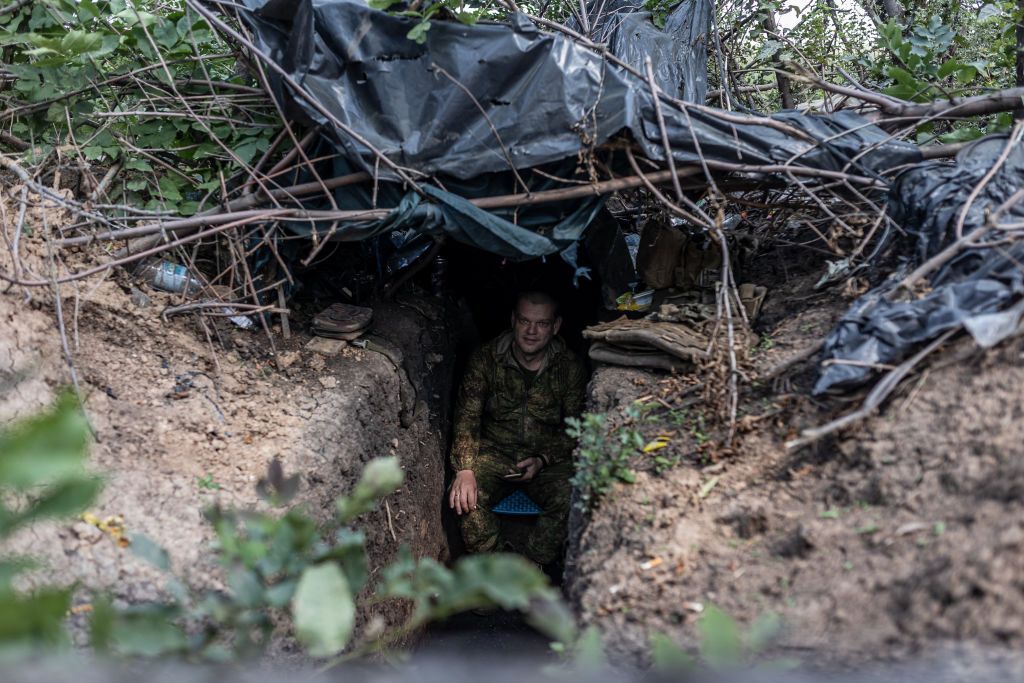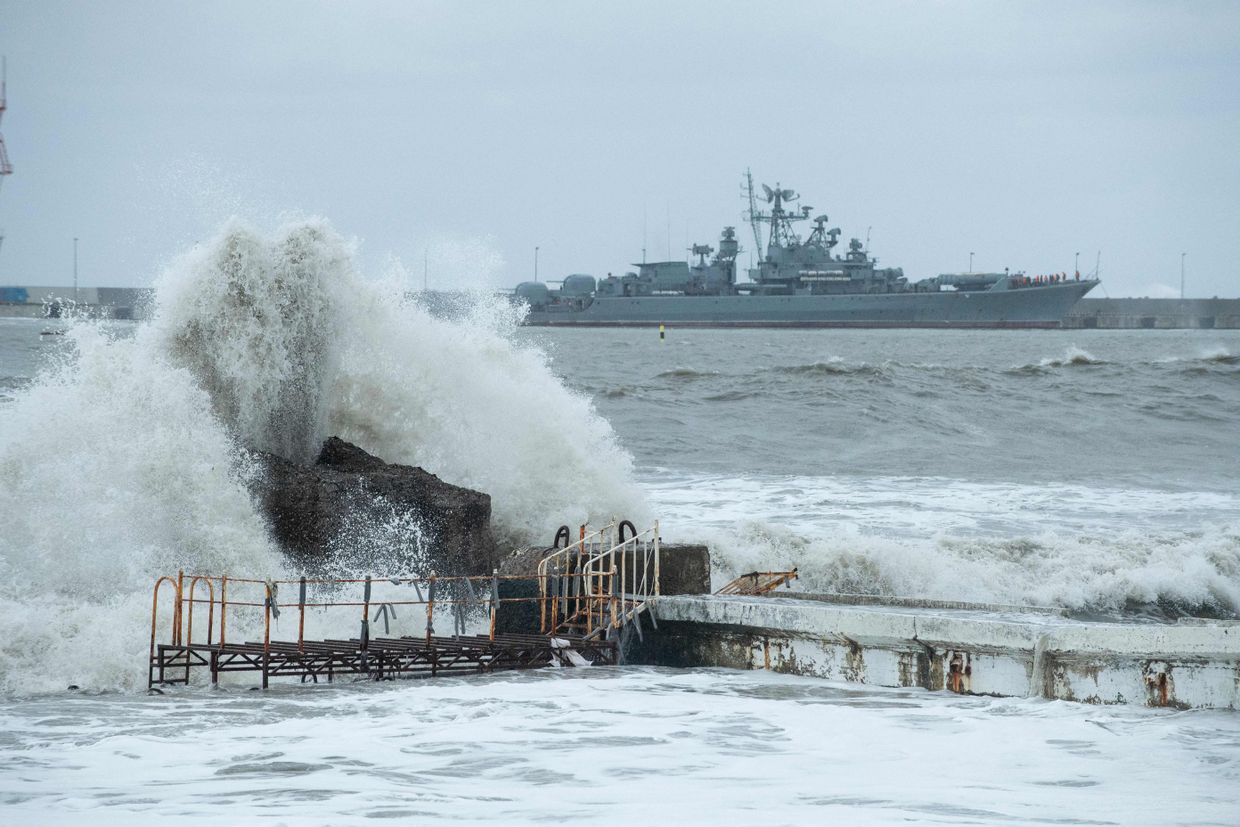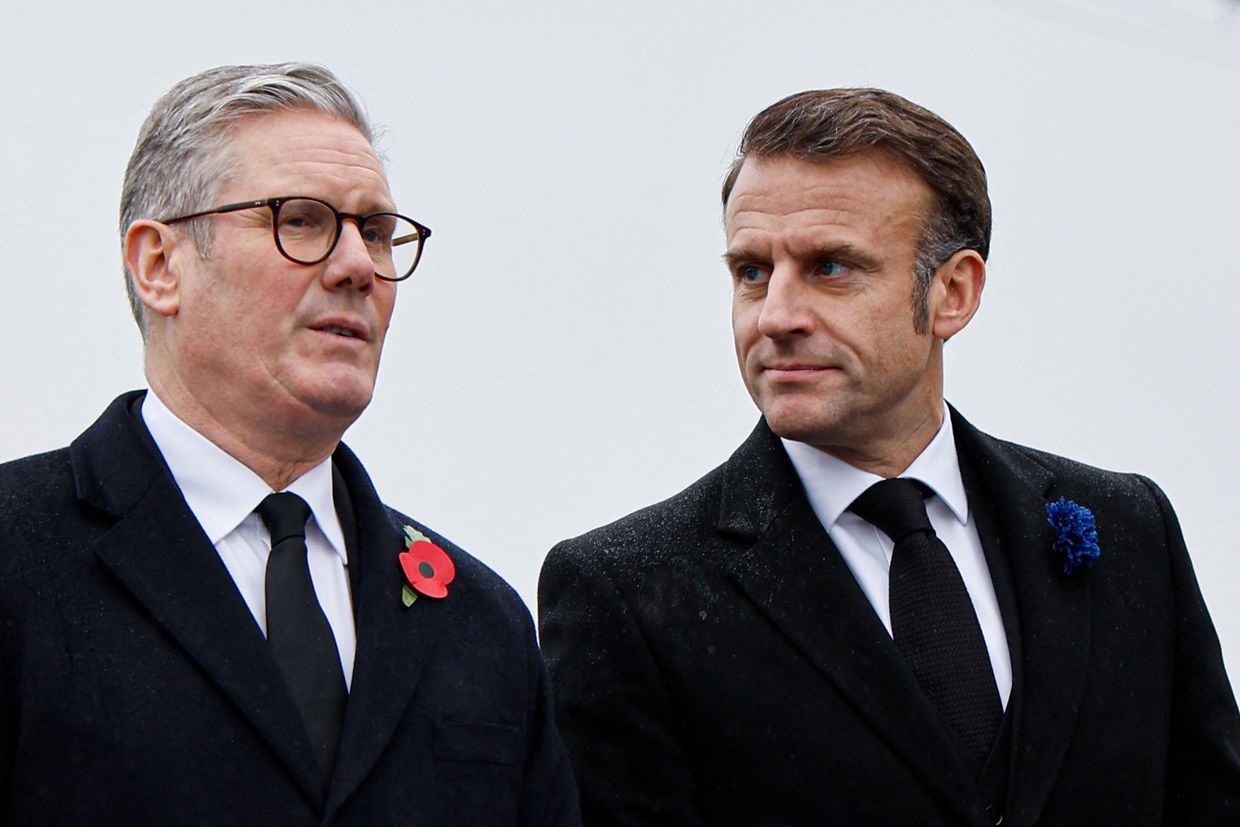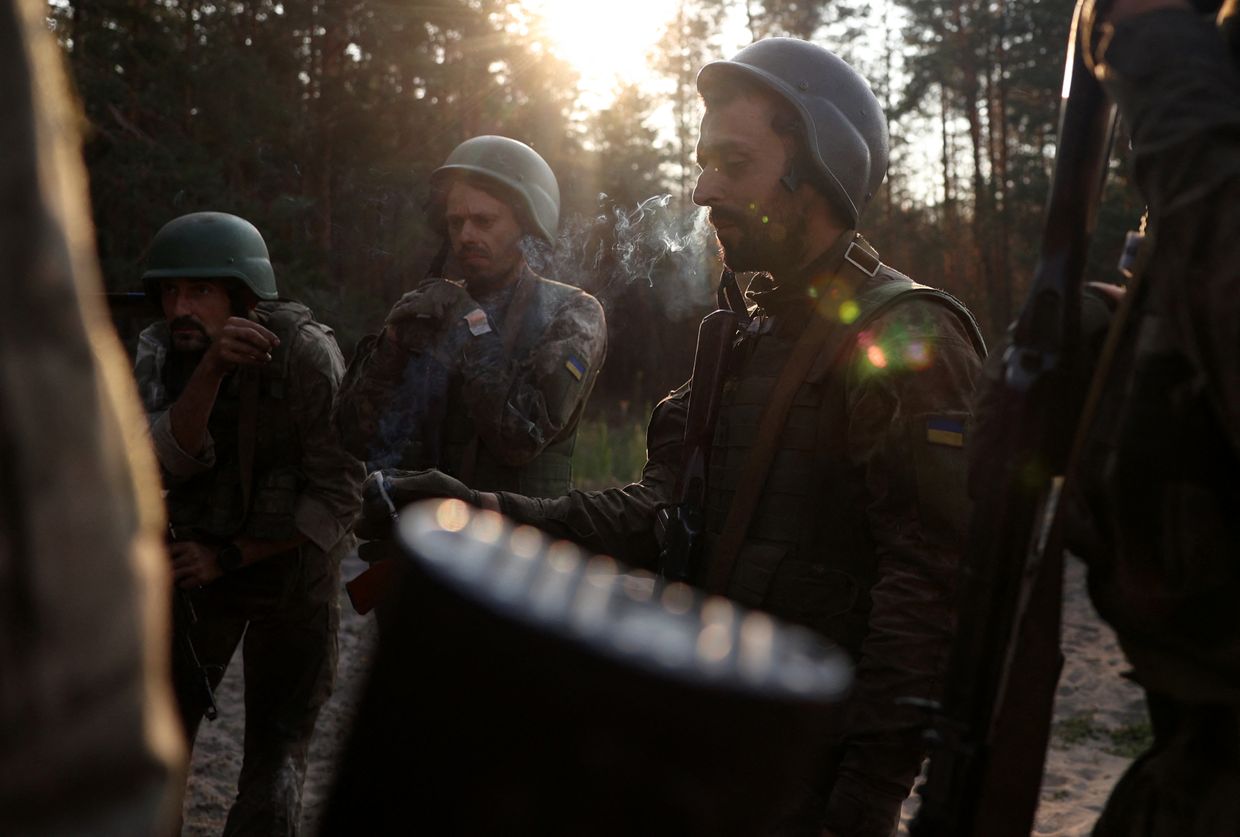Editor's Note: The Kyiv Independent is exclusively re-publishing an interview with Mychailo Wynnyckyj prepared by Forum for Ukrainian Studies, a research publication for experts, practitioners, and academics to discuss, explore, and transform international understanding of contemporary affairs in Ukraine. This platform is run by the Canadian Institute of Ukrainian Studies (CIUS) of the University of Alberta (Edmonton, Canada).
Mychailo Wynnyckyj is deputy minister of education and science, responsible for higher education.
CIUS: In one of your Facebook posts you mention the emergence of a new “territorial patriotism” and “heterarchic” structures in Ukraine. What exactly are these structures?
Wynnyckyj: Observing contemporary Ukrainian society is absolutely fascinating. Indeed, what is most interesting given my current involvement in government, is that society at large seems to be structured completely differently from the state. By definition, government is hierarchic. Having spoken to some of my western colleagues, it seems “chains of command” are ubiquitous in all governments. A basic requirement of a civil service seems to be that it is organized as a clear hierarchy with set procedures, chains of decision-making, signatures, etc.
However, this way of structuring government represents a total mismatch with the way in which Ukrainian society seems to organize itself. This mismatch became very clear during the first days of the invasion. At one point I tried to capture the spontaneous self-organization that became the hallmark of Ukrainians’ resilience with an analogy: Ukraine is a beehive. If you look at how bees live, you will see that they are the least hierarchical society possible. On the one hand, a hive can include from 10,000 to 30,000 bees and a queen. On the other hand, the role of the queen is not to give orders or instructions. Every bee seems to know what to do. This is exactly the way in which Ukrainian society structured itself during the early period of the Russian invasion: situational leadership, spontaneous sociability, improvised action.
My initial observations of these phenomena were complemented in 2022 by the outstanding work of my PhD student Artem Serdiuk. I thought the “beehive” we were observing was something uniquely Ukrainian, but Artem demonstrated that spontaneous sociability seems to be a natural human reaction to stress. Similar heterarchic structures have been observed in non-Ukrainian settings, for example, in civic self-organization during hurricanes, tornadoes, floods, forest fires, and particularly in New York in the wake of 9/11. In these high-stress situations, people come together spontaneously—not looking for leadership but just performing urgent tasks. The major difference between hurricanes, tornadoes, and floods and the Russian invasion is that the former are short-term events whereas the latter has already lasted over 500 days. So Ukrainian spontaneous socialibity may have a long-term socializing effect that may yet transform into new institutionalized structures. I hope so…
What I have observed in Ukraine—and continue to observe in the current phase of societal normalization—is that people tend to be most effective when they organize themselves in non-hierarchical structures. Though the term is not mine, I am calling this heterarchy. It signifies a specific network of relations within and between social groups and social hierarchies. It is sort of a bumpy, if I may say so, network. Leaders emerge, but they are situational figures. These leaders take temporary responsibility for a particular task or project. When the task is completed, they cease to be leaders. I have seen this phenomenon in the resilience of the Territorial Defense Units, in the amazing effectiveness of Ukraine’s Special Forces – basically, in every place and group where the war effort has been successful. Ukraine’s heterarchy has moreover shown itself to be a great deal more effective than the hierarchical structure of the Russian army.
My current position in government – as Deputy Minister of Education – provides me with an actual opportunity to bring heterarchy into a traditionally hierarchical environment. This is what I find exciting about the job. Flattening hierarchy is obviously hard to do, because a lot of traditions and processes need to be broken. However, if successful, not just in education and war, but in other areas as well, I am convinced that Ukraine can potentially become an example for other countries and societies. As part of this war, we have demonstrated how heterarchy can be more effective than traditional institutional hierarchy in achieving results. Now the question is whether this amazing reaction to crisis can be institutionalized in more routine decision-making.
Read the rest of the interview here.













